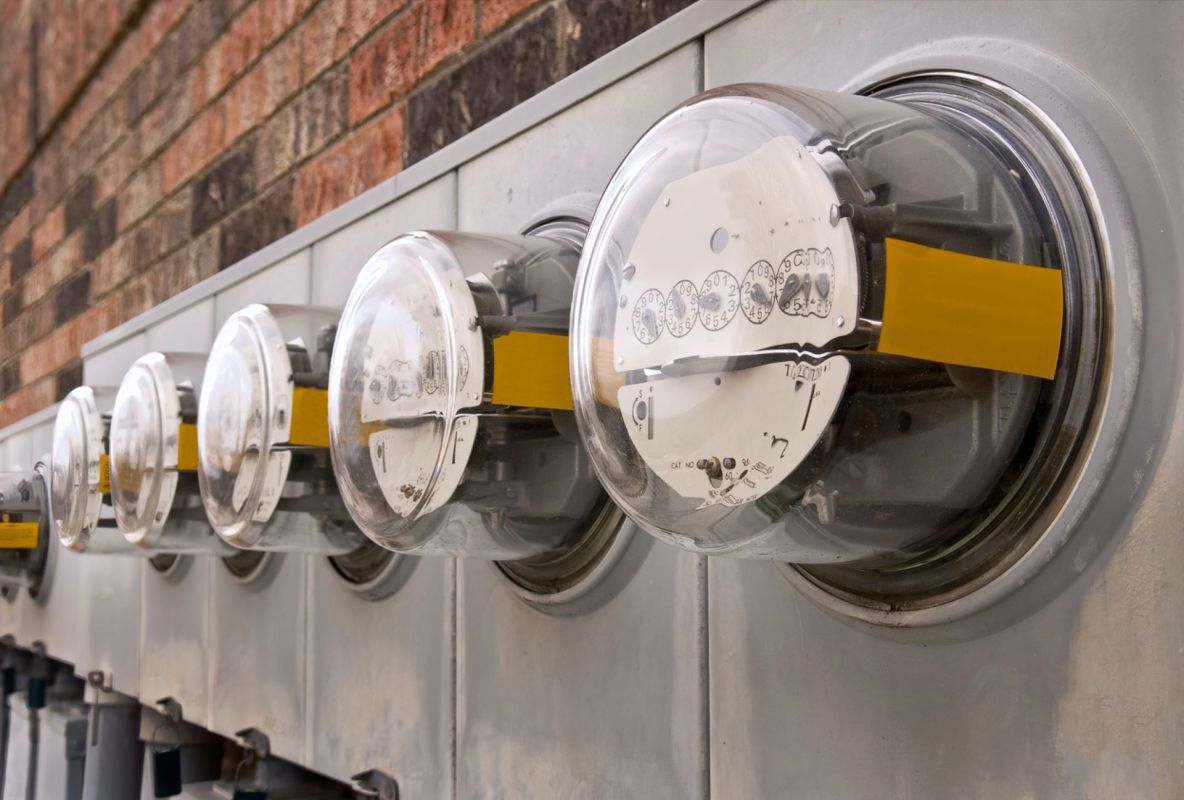The U.S. Department of Energy recently announced new water heater standards intended to save Americans $11.4 billion on energy bills annually.
The proposal would require the most common-sized electric water heaters to reach efficiency gains with heat pump technology, according to a news release. Gas-fired water heaters would be required to achieve efficiency gains through condensing technology instead.
If finalized, the standards would go into effect in 2029. The DOE expects that they would save Americans almost $200 billion altogether.
Water heating is responsible for about 13% of annual residential energy use, per the DOE. Under the new standards, consumers who upgrade from a common-sized traditional electric water heater to an electric pump water heater would save an average of $1,868 over the appliance's lifetime.
The changes would also have a big impact on the environment. The DOE estimates that the new standards will result in the reduction of more than 550 million tons of planet-warming carbon pollution over 30 years. This is roughly equivalent to the combined annual carbon pollution from 63 million homes (or about half of the homes in the United States, per the DOE) or the annual carbon pollution of 134 coal-fired power plants, according to the Natural Resources Defense Council.
"Today's actions — together with our industry partners and stakeholders — improve outdated efficiency standards for common household appliances, which is essential to slashing utility bills for American families and cutting harmful carbon emissions," U.S. Secretary of Energy Jennifer M. Granholm said in a statement.
The NRDC applauded the proposed changes in a press release.
"These standards will save a whopping 27 quads of energy — that's more than a quarter of the energy consumed by the U.S. each year," NRDC staff attorney Joe Vukovich said. "This proposal will transition much of the electric water heater market to climate-friendly heat pumps, and it has never been a better time for families to invest in one thanks to the rebates and credits in the Inflation Reduction Act."
Join our free newsletter for easy tips to save more, waste less, and help yourself while helping the planet.









